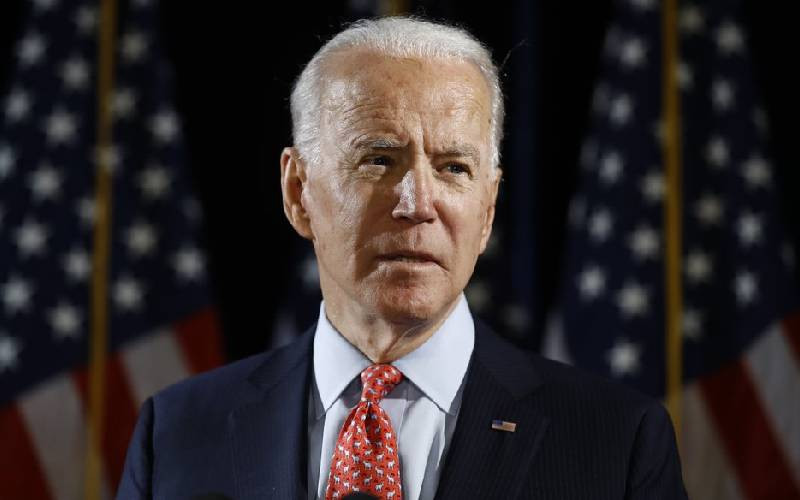
The US-Africa Leaders Summit kicked off yesterday in Washington DC and over three days, African presidents and delegates from the civil society and investment communities will hold forums aimed at strengthening bilateral ties between the two regions.
According to the White House, the Summit will demonstrate the United States' enduring commitment to Africa and will underscore the importance of US-Africa relations and increased corporation on shared global priorities. It comes at a time the world is reeling from significant shocks that have disrupted the socio-economic fabric for a large part of the global community.